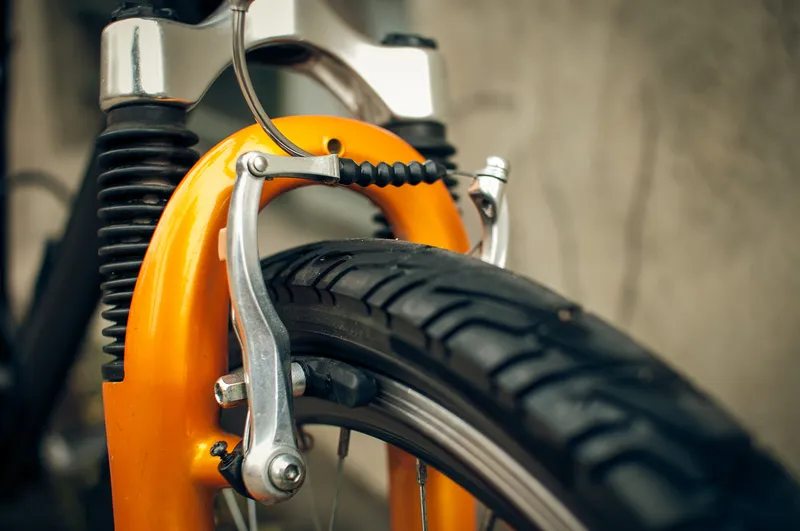Experts at the Transport Research Laboratory (TRL) have welcomed the announcement that a new car practical driving test will come into force in the UK on 4 December 2017. The independent organisation led the trialling of the proposed changes in a country-wide controlled study of their impact on how people learn to drive, and on how people drive post-test.
The changes, which include the use of a satnav to promote independent driving and revised manoeuvres, are designed to promote greater independence and
April 18, 2017
Read time: 2 mins
Experts at the Transport Research Laboratory (491 TRL) have welcomed the announcement that a new car practical driving test will come into force in the UK on 4 December 2017. The independent organisation led the trialling of the proposed changes in a country-wide controlled study of their impact on how people learn to drive, and on how people drive post-test.
The changes, which include the use of a satnav to promote independent driving and revised manoeuvres, are designed to promote greater independence and increased use of busier and faster roads during preparation for the test.
4,300 drivers and 860 driving instructors took part in the research. Drivers volunteered to take part as learners, through their driving instructor and then completed detailed surveys administered by TRL when they passed the test, with half taking the existing test and half taking the proposed new test. Drivers then completed surveys again after six months of post-test driving.
According to Shaun Helman, head of transport psychology at TRL, the driving test does an important job of ensuring that people have the basic skills needed to be competent when they begin driving solo. He says these changes are designed to make the test more reflective of real-life driving, and can be seen as a positive evolution of the licensing process.
“The planned changes to the test will see much greater emphasis put onto independent driving, as well as a renewed focus on higher-risk driving environments during training.
The new car driving test will feature four key changes. The ‘independent driving’ element of the test will increase from 10 to 20 minutes; candidates will be asked to follow directions on a satnav as an alternative to road signs; the three-point turn or reversing round a corner will be replaced by manoeuvres such as driving into a public car park bay and reversing out, pulling up on a roadside, reversing a short distance, then rejoining traffic; and candidates will be asked to respond to a relevant safety question while driving.
The changes, which include the use of a satnav to promote independent driving and revised manoeuvres, are designed to promote greater independence and increased use of busier and faster roads during preparation for the test.
4,300 drivers and 860 driving instructors took part in the research. Drivers volunteered to take part as learners, through their driving instructor and then completed detailed surveys administered by TRL when they passed the test, with half taking the existing test and half taking the proposed new test. Drivers then completed surveys again after six months of post-test driving.
According to Shaun Helman, head of transport psychology at TRL, the driving test does an important job of ensuring that people have the basic skills needed to be competent when they begin driving solo. He says these changes are designed to make the test more reflective of real-life driving, and can be seen as a positive evolution of the licensing process.
“The planned changes to the test will see much greater emphasis put onto independent driving, as well as a renewed focus on higher-risk driving environments during training.
The new car driving test will feature four key changes. The ‘independent driving’ element of the test will increase from 10 to 20 minutes; candidates will be asked to follow directions on a satnav as an alternative to road signs; the three-point turn or reversing round a corner will be replaced by manoeuvres such as driving into a public car park bay and reversing out, pulling up on a roadside, reversing a short distance, then rejoining traffic; and candidates will be asked to respond to a relevant safety question while driving.








